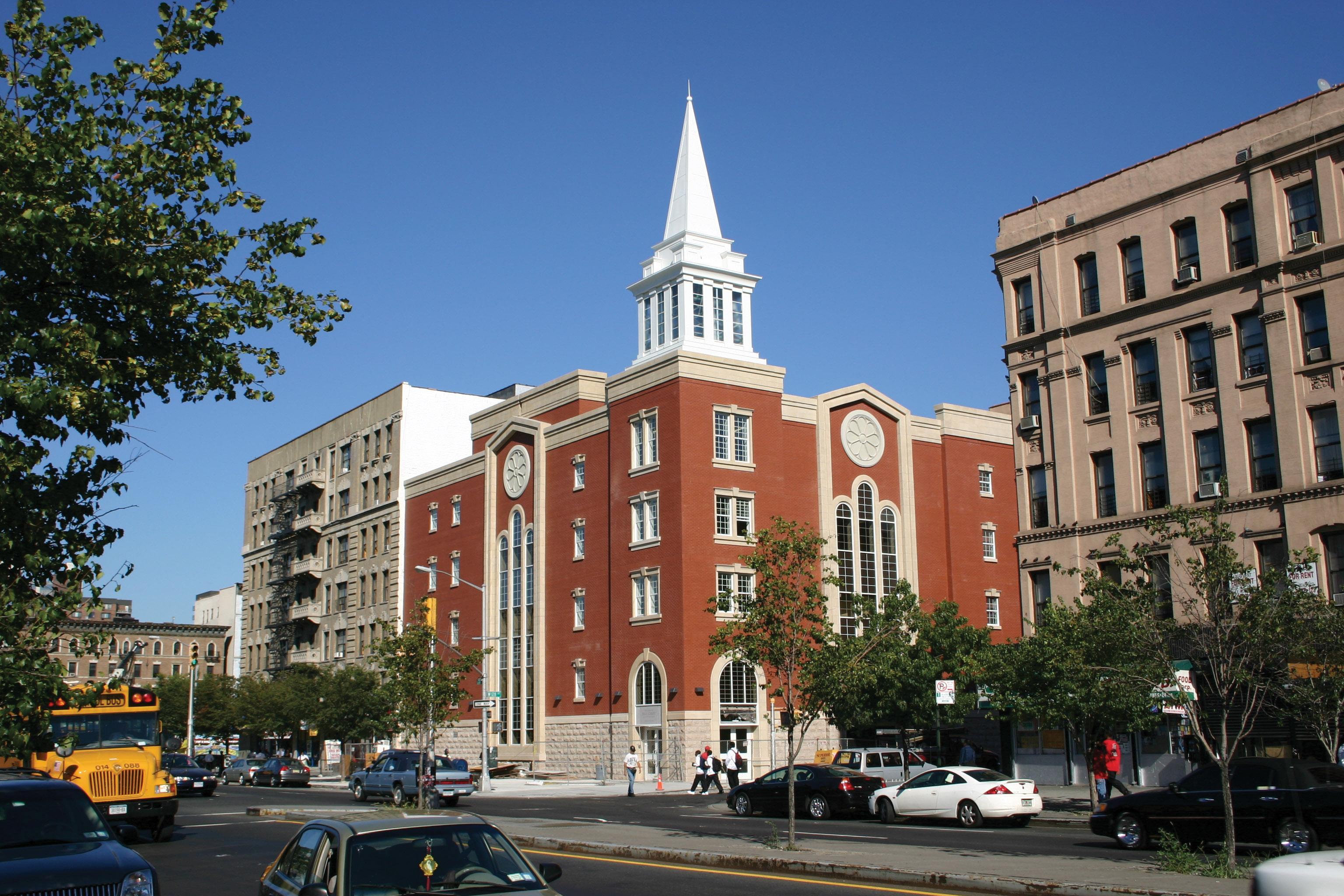
(For more insights from American Grace, see “Major New Study Has Much to Say About Mormons”)
What kind of role does religion play in American society? Is the influence of religion for better or for worse? The question is an important one, since America continues to be a remarkably religious nation. This issue — how religion contributes to and influences American society — is one of the main purposes of a new sociological study of religion: American Grace: How Religion Divides and Unites Us . The study was conducted by Robert A. Putnam of Harvard University and David E. Campbell of the University of Notre Dame. While it addresses a broad range of questions about the social significance of religion, one of the study’s central interests is to analyze the nature of religion’s social influence. “Who is right,” the study asks, “those who make the case for the positive contribution of religion to civil society, or those who make the case against?” The study uses newly gathered survey data and a number of different measures to assess religion’s role in American society. These measures of “neighborliness” include charitable giving, volunteerism, altruism, tolerance, trust, life satisfaction and civic engagement.
As other research had suggested, the American Grace study shows empirically that religious Americans contribute much to the vitality and cohesion of American society. The study’s results indicate, by and large, that “religious Americans are, in fact, more generous neighbors and more conscientious citizens than their secular counterparts” (444). Religion, it turns out, is a strong predictor of a number of civic virtues. Religious Americans are more likely than others to act in a variety of ways that benefit society, and they tend to be more actively engaged in the surrounding social sphere as well. Much of this civic virtue, evidence suggests, grows out of religious Americans’ characteristic tendency toward altruism and their interactions in communities of faith.
Some of the study’s specific findings about religious Americans are outlined below.
Generosity: “Any way you slice it, religious Americans are simply more generous.” (454)
Of the civic virtues, generosity is one of the most essential. To evaluate the generosity of religious Americans and others, the American Grace study measured two of its forms: volunteering and charitable giving. In both cases religious Americans were shown to be, by comparison, significantly more charitable. While Americans on the whole are a generous people, the study shows that religious Americans are remarkably so. Its findings indicate that religious Americans are far more likely than others to volunteer for and to contribute their means to social causes — both religious and nonreligious ones.
Altruism: “Religion is the strongest predictor of altruism”; more than “education, age, income, gender, race, and so forth.” (464)
Religious Americans also, the study says, possess a greater degree of altruism than others. In other words, they tend to be relatively sensitive to the needs of those around them and generally less selfish. This altruistic paradigm partly accounts for the reason that religious Americans generally make good neighbors.
Evidence presented in American Grace indicates that the altruism and empathy of religious Americans manifests itself in many ways. For instance, religious Americans are more likely than others to:
- Give financial assistance to family and friends.
- Give excess change back to a shop clerk.
- Donate blood.
- Spend time with someone who is a bit down.
For all their virtues, the authors also find something less than ideal about religious people — a tendency not to tolerate others’ social views as well as they might. America as a whole is highly tolerant, but according to the study, religious Americans are generally not as accommodating as their secular counterparts are. Though not entirely clear on what causes this, the authors provide some insight by highlighting evidence that religious people have a “respect for authority” and pointing out that they tend to underscore the principle of obedience.
Trust: “Religious people are both more trusting … and (in the eyes of others) more trustworthy themselves.” (461)
Trust is an important ingredient for a healthy society, and evidence indicates that in general, trust and religion are positively connected. American Grace reports that a majority of Americans are more willing to trust those who are religious than those who are not. Meanwhile, religious Americans are more willing than others to extend trust to those around them.
Life Satisfaction: “Religiosity is among the closest correlates of life satisfaction, at least as strong as income.” (490)
Part of American Grace’s assessment of the influence of religion in society is to examine its relationship to happiness. The study cites research indicating that the connection between religion and life satisfaction is “powerful and robust.” Much of this satisfaction, the study suggests, comes from interactions and friendships developed in religious communities.
Civic Involvement: “With the partial exception of socioeconomic status, religiosity is, by far, the strongest and most consistent predictor of … civic involvement.” (454)
American Gracealso concludes that religious Americans are more engaged than others in their communities and in civic affairs. In fact, data indicate that “religious Americans are up to twice as active civically as secular Americans” (454). Researchers came to this conclusion by assessing a wide range of measures; they found that religious Americans are more likely to:
- Belong to community organizations.
- Energize community problem solving.
- Participate in local civic and political life.
- Press for local social or political reform.
Robert A. Putnam and David E. Campbell, American Grace: How Religion Divides and Unites Us (New York: Simon and Schuster, 2010).